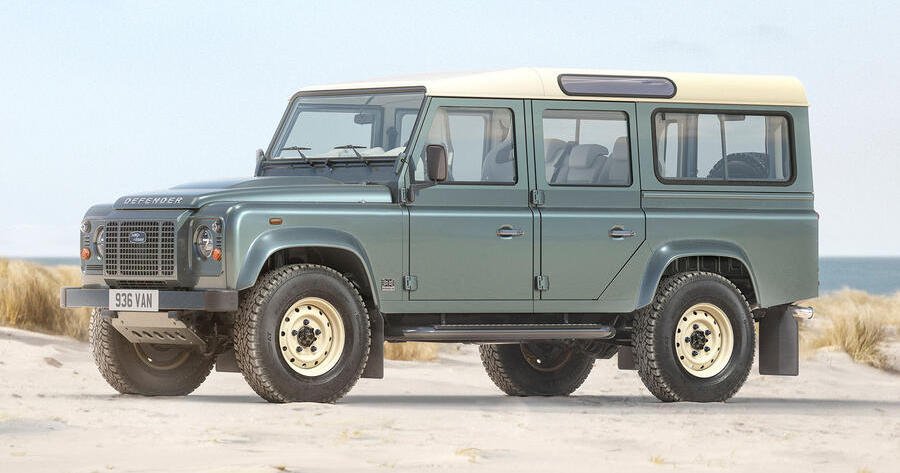Much like Pagani will probably pump out refurbished Zondas until the end of time, Land Rover isn't willing to let the old Defender die. In 2024, the company unveiled a new version of the classic off-roader, complete with a V-8 engine. But just like the aforementioned supercar, this technically isn't a new vehicle. Instead, it's a factory restoration of 2012-2016 donor cars for which you'll have to pay a princely sum.
Available in the short 90 and more practical 110 flavors, the classic Defender has been "remastered by hand" by engineers from Land Rover Classic in the UK. The company's Works Bespoke division "carefully selects donor vehicles" and gives them all a naturally aspirated V-8. It's a genuine Land Rover 5.0-liter engine rated at 405 horsepower and 380 pound-feet of torque. Output is routed to the wheels via an eight-speed automatic gearbox from ZF.
The Classic Defender V8 by Works Bespoke revitalizes the iconic off-roader with Bilstein dampers as well as Eibach springs and anti-roll bars. To keep up with the times, Land Rover also mounts four‑piston Alcon brakes with 335-millimeter front and 300-millimeter rear discs. Inside, there’s a tiny 3.5-inch touchscreen with satellite navigation and digital radio while retaining the old-school dashboard layout as much as possible.
Land Rover isn't the only company putting a small touchscreen into an older car since Porsche has been doing the same for years. Pictured below, the Porsche Classic Communication Management (PCCM) looks suspiciously a lot like what the Defender has. It too has a 3.5-inch diagonal and the buttons look familiar.
As you can imagine, there are loads of customization options, varying from a roof-mounted tent accessible from a ladder to a camper conversion by transforming the rear section of the cabin into a cozy living area. This new-but-old Defender has leather just about everywhere you look, and you can have it in five colors or eight two-tone finishes. Body-hugging Recaro front seats are offered as well.
As neat as the car looks inside and out, there is a glaring issue–pricing. Land Rover charges £190,000 for the base three-door 90 model. At current exchange rates, that works out to $251,300. Step up to the five-seat 110 version and you're spending at least £199,000 ($263,200). Go for the seven-seat 110 model and the price rises to £204,000 ($270,000). Mind you, that's before options and value-added tax (VAT), which is 20% in the UK.
We wouldn't be doing our job properly if we didn't compare the classic Defender to the Ineos Grenadier. The boxy off-roader aims to revive the formula of the venerable go-anywhere vehicle. It starts at £65,015 in the UK for the five-seat model, so it's about three times cheaper. Sure, you don't get a big ol' V-8 but the BMW-sourced inline-sixes are not too shabby either. In the US, math starts at $75,100.
What about the modern Defender with a V-8 engine? The hardcore Octa launched last month is still significantly cheaper, retailing from £145,300 in the UK. One must really have a soft spot for the classic model to pay the massive premium. The ultimate Defender costs $152,000 in the United States. A fancier Edition One carries a $167,800 sticker price.
As to why Land Rover didn't start with a newly built classic Defender, that's easier said than done. Not only would that have been an extremely costly endeavor, but making it pass emissions and safety regulations in the European Union would've been difficult and cost-prohibitive as well. The final original Defender was assembled in January 2016.
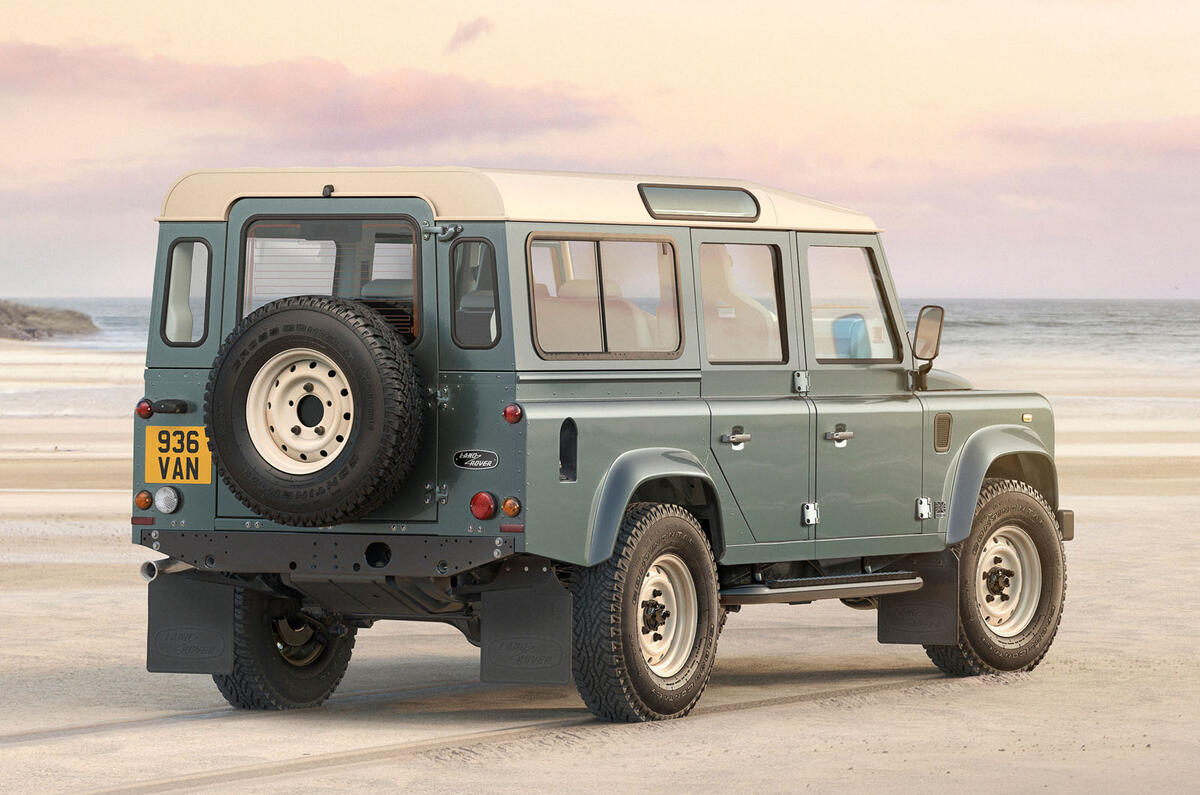

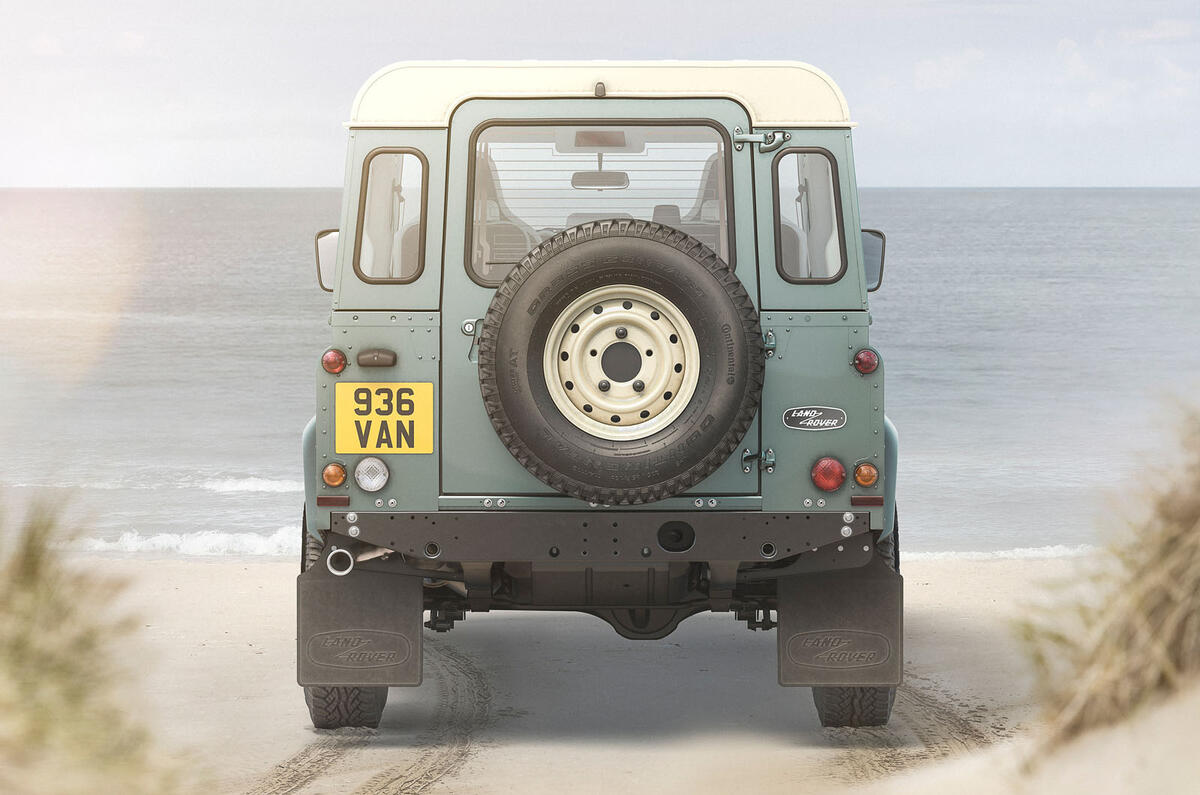
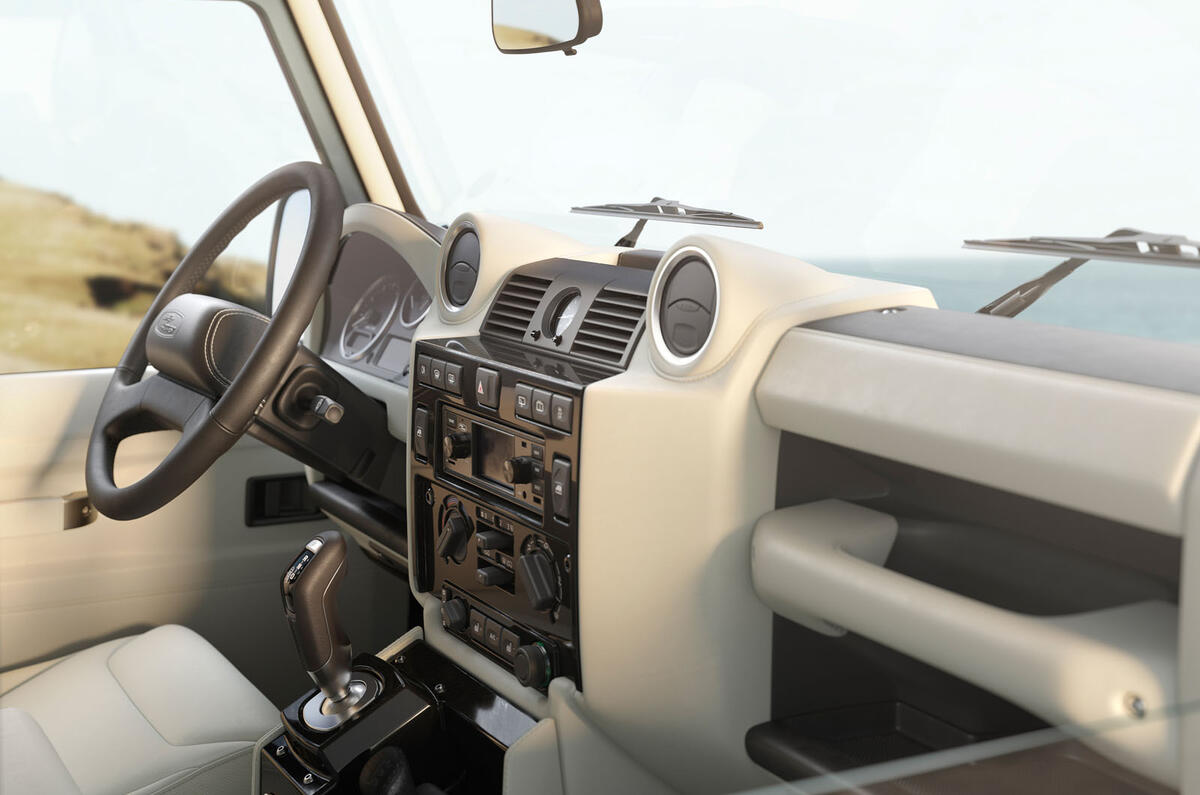
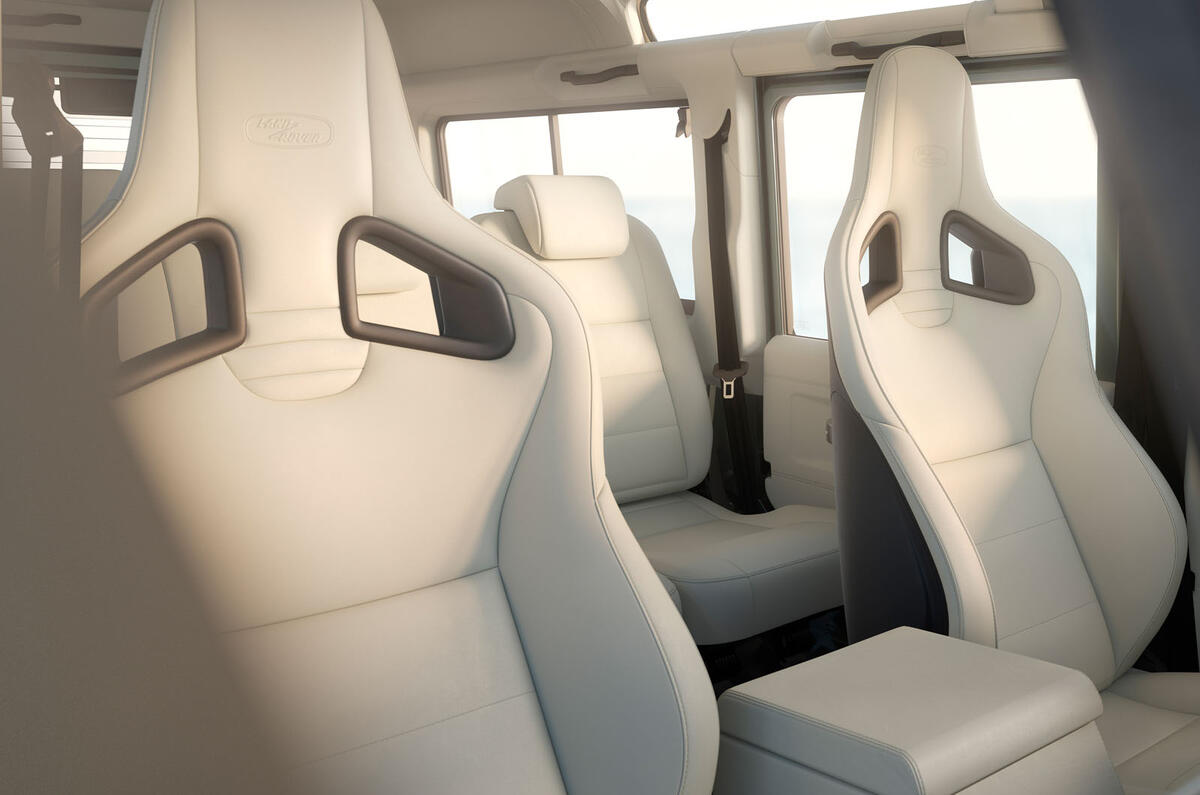

Related News
